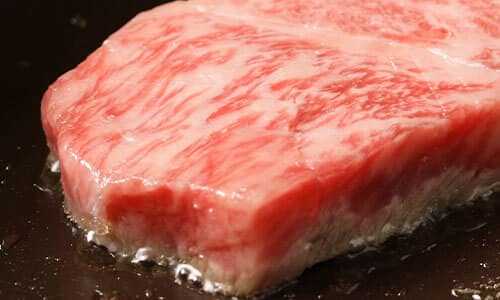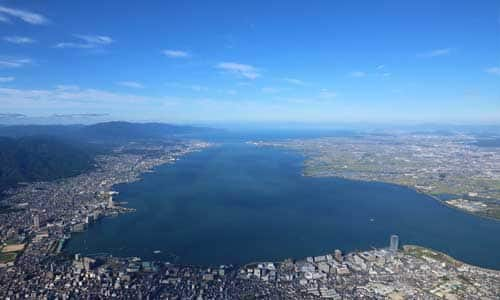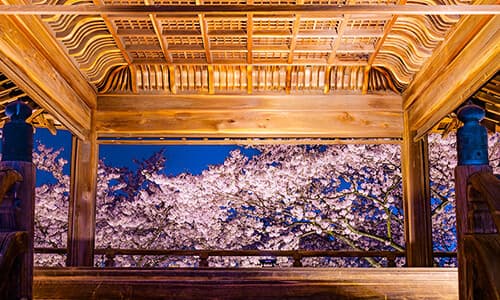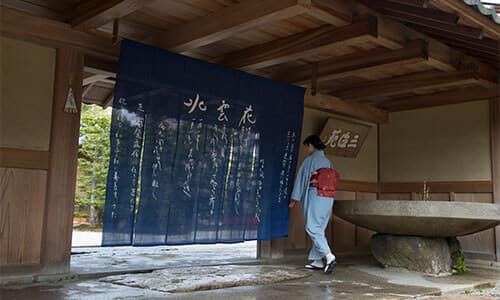- Culture
- Shiga
Ishiyamadera Temple

A temple standing atop a huge, natural monument stone
Ishiyamadera Temple is the 13th stop of the Saigoku Kannon Pilgrimage route said to have been established in 747. The temple's display of seasonal flowers and nature are so beautiful that it has been referred to as the "Temple of Flowers." Ishiyamadera is also famous as a moon gazing spot, as depicted in the famous ukiyo-e painting "The Autumn Moon at Ishiyama." Built on a huge wollastonite rock designated as a natural monument, there are numerous national treasures and important cultural properties found throughout its precincts.

A temple beloved by female literary figures of the Heian Period
In the Heian Period (794-1185), the pilgrimage to Ishiyamadera Temple became popular among nobles. Many visited from the capital city of Kyoto and prayed in the Kannon-do hall throughout the night. Renowned Japanese poets and writers of the Heian Period such as Sei Shonagon and Izumi Shikibu described Ishiyamadera Temple in their works, serving as the stage for the blooming of women's literature. Among them, Murasaki Shikibu is said to have developed the idea for "The Tale of Genji," considered to be the world's oldest novel, when she stayed at Ishiyamadera Temple and watched the harvest moon. The room where Shikibu stayed still remains at the temple.
Location
| Name | Ishiyamadera Temple |
|---|---|
| Website | https://www.ishiyamadera.or.jp/en |
| Address | 1-1-1 Ishiyamadera, Otsu-shi, Shiga |
| Access | Approximately 10 minutes' walk from Ishiyamadera Station on the Keihan Railway Ishiyama Sakamoto Line From Ishiyama Station on the JR Biwako Line, take the bus for approximately 10 minutes and get off at Ishiyamadera Sanmon-mae bus stop. Approximately 10 minutes' drive from the Seta-higashi IC or Seta-nishi IC on the Meishin Expressway |
| Inquiries | TEL: 077-528-2772 E-mail info@otsu.or.jp |















